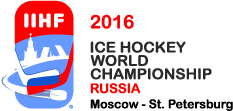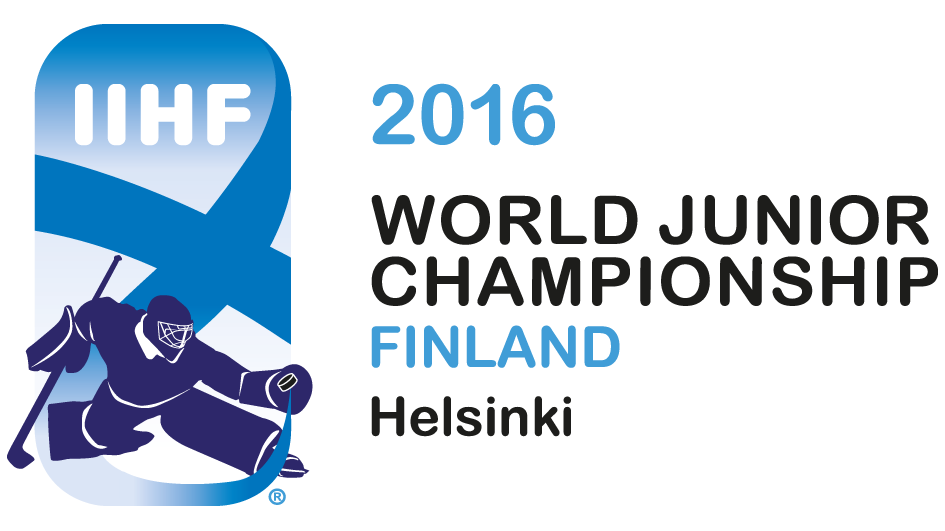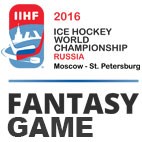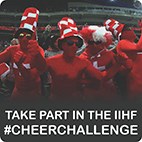Reffing the final
Reffing the final
Gofman talks about champs and the 0.9 seconds

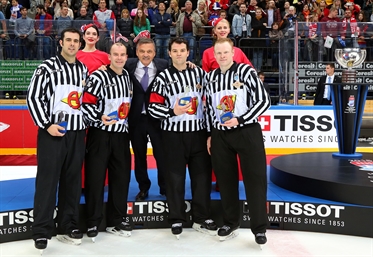 Gold-medal game officials (L-R) Fraser McIntyre, Tobias Wehrli, Roman Gofman and Gleb Lazarev get awarded by IIHF President Rene Fasel. Photo: Andre Ringuette / HHOF-IIHF Images
Gold-medal game officials (L-R) Fraser McIntyre, Tobias Wehrli, Roman Gofman and Gleb Lazarev get awarded by IIHF President Rene Fasel. Photo: Andre Ringuette / HHOF-IIHF Images
You became the first referee in the history of Russia to be granted the privilege of officiating a World Championship final after Konstantin Olenin in 2013. How did you react when you got the assignment?
I was very happy for Kostya [Olenin] as he made the breakthrough. It became clear that there are professional and high-quality referees in Russia who can compete with their foreign colleagues. If you have been assigned to a final game, it means you have been recognized as a good referee in the whole world. I adapt myself for each match like living a separate life. I found out about the assignment late at night after the semi-final when we were going to the hotel with my colleagues. I even screamed out of joy. I could not believe that it was happening to me.
You had seven games in the group stage. And then a quarter-final, semi-final and the final.
I just wanted to show the best I had. I even discarded the thought of working in the final round. Nothing should have pressured me.
Matt Duchene scored the second goal 0.9 seconds before the end of regulation time. The Canadians already started celebrated their title. Some people wondered whether the game could have been stopped since it was clear already. Was that a possibility?
It’s impossible. We have to finish the game when the scoreboard shows a zero. That is the only way. Otherwise, it would have been an international scandal. I realized that all the Canadians had already run to the ice and that it would be difficult to call them off. But we asked them to wait one more second. The Canadians responded well to the request: “Okay, we respect the rules.” And they all stood on the face-off.
You spoke about something with the captain, Corey Perry.
I had an impression that Corey was a gentleman on the ice. I officiated four games with Team Canada including the entire playoffs. It was sometimes necessary to communicate with Perry. I shouted at him when he was too close to the goal area. It is necessary to keep track of where you are standing. And before the final he told me: “Please prompt me, so that I don’t cross the line.”
You immediately warned Leo Komarov and Brad Marchand to play fair after having played an instigator role.
We just showed them that we knew who they were. They already got two minutes for roughing by the end of the first period. If you behave properly, you can play. And if there is a violation, it must stop. Nobody comes up with anything. And after being sent to the penalty box, Komarov and Marchand understood. They played hockey and no longer bullied anyone.
That Sunday there were tight security measures as Vladimir Putin came for the final. And you were very close. Were you checked?
I was already in the referee room. We were congratulating each other that everything ended well. We had the TV turned on. And that is when I saw that the President had come for the closing of the World Championship. I was shocked as I had no idea. We did not meet on the rink. We got rewarded for our work on the final, and we left immediately. We were not specifically checked.
Which of the coaches was more tempered?
I thought that there would be many Canadian coaches at the World Championship who I did not know. I was worried that I would be put under pressure or that there would be some big emotions. But all the games went well. Only once, in the game Hungary-France (2-6), Hungary coach Rick Chernomaz thought that it was worth to give a penalty in one of the moments. I had to talk to him in the first minute. I thought he would be harassing me the entire match. But nobody was aggressive. All the coaches let the referees do their job. There were no villains among them.
What are the physical parameters a referee should have to work at the World Championship?
Earlier, we had to undergo a standard-intensive speed race. But now we don’t. All the referees who come to the World Championship work in the top leagues of their countries. They pass the tests there, some even twice a year. As we do in the KHL, not only in summer but also in December.
Many were surprised when referee Yevgeni Romasko left the KHL for the NHL and has been working there successfully. Are you thinking of following his step?
I would like to believe that there are moments like this in life. That I might be invited to the NHL. But for that, it is necessary to work well in international events. This season Romasko worked 20 or more games in the NHL. He officiated many matches in the AHL. But for that I’d have to quit the KHL. It is impossible to work in both places. If I got the chance, I would need to think about it carefully. Nobody is awaiting you in America with open arms. For three years you will undergo a rigorous selection process, call games in minor leagues. Only 15-20 per cent of your games will be in the NHL. If you gain a foothold, you may get a full contract.
How did you become a referee?
I started playing hockey at Traktor Chelyabinsk with coach Nikolai Betz. But my hockey career did not go well. Maybe I did not have enough patience. And I also got an injury and lost the desire to play as a youngster. I got mad and left hockey. But then I realized that I cannot just get it out of my life. I wanted to stay. And my friends suggested: “Why not become a referee?”
I couldn’t imagine what kind of work that would be. But I found out and by the age of 15 I became a linesman. At the age of 18 I began to work in the second-highest league and at 19 in the Superliga as a linesman. At the age of 23 I became a referee.
What is your dream now?
To work at the Olympic Games. During four World Championships from 2014 to 2017 it is necessary to make a good impression. Then the IIHF will decide which referees to invite. It is impossible to influence their decisions. You just have to work well.
Back to Overview

